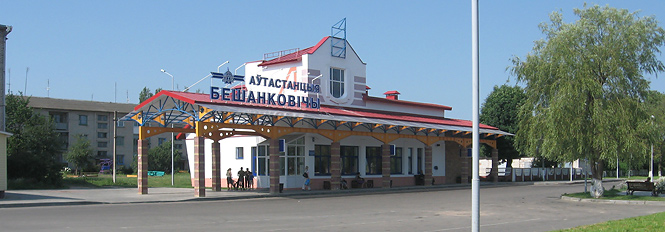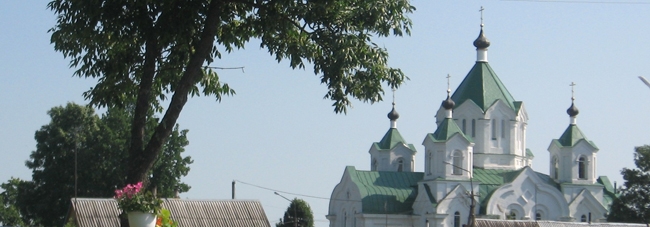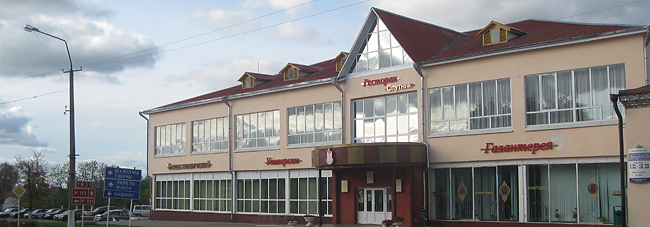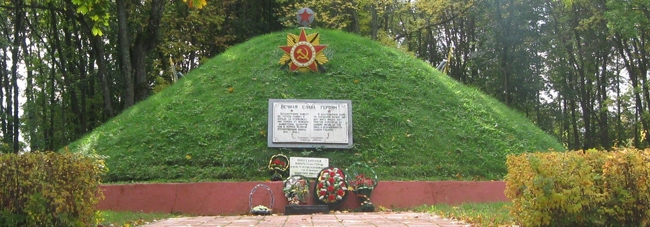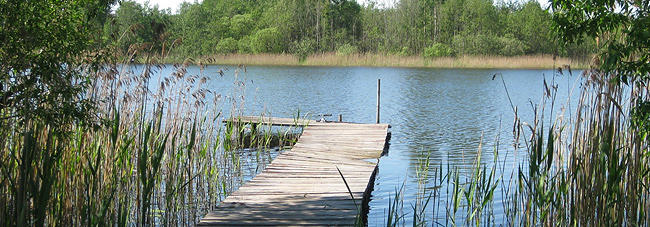22 March 2024
Today,
March 22, is the Day of Remembrance of the Khatyn Tragedy
The Great
Patriotic War became a time of enduring sorrow for our people. Many residents
of Belarus fell in battle, died in concentration camps, and burned in the fire
of Khatyn. Not everyone had time to start a family or experience the happiness
of motherhood or fatherhood. Therefore, gratitude to them, the memory of them
should never fade in our memory, the memory of their descendants who live under
a peaceful sky and look to tomorrow with optimism.
The
tragedy of Khatyn is just one of thousands of facts testifying to the
deliberate policy of genocide towards the population of Belarus, which had been
carried out by the Nazis throughout the entire period of occupation during the
Great Patriotic War.
Today
there are no blank spots in the history of the Khatyn tragedy. The events of
that terrible day have been reconstructed bit by bit using materials from
criminal cases of past years, archival documents, and the results of the
investigation of a modern criminal case about the genocide of the Belarusian
people during the Great Patriotic War.
...On the
morning of March 22, 1943, 6 km from Khatyn village, partisans fired at a
fascist convoy. As a result of the attack, a German officer was killed.
To pursue
the partisans, the German invaders called in units of the 118th battalion of
the Schutzmannschaft (auxiliary security police; the core of the battalion was
formed in Poland, then in Kiev) and the German squad of the SS Sonderbattalion
“Dirlewanger” (this battalion accounted for over 120 thousand killed Soviet
citizens; in Minsk and Mogilev regions alone, these punitive forces burned more
than 150 settlements along with their people).
On the
same day, punitive forces appeared in Khatyn. When they approached the village,
a shootout began. The partisans left the village, losing several people. The
punishers did not pursue them, but took up the village. They herded people into
a barn and set them on fire; those who tried to run out of the fire were shot.
A total of 149 people were killed, including 75 children. Only 6 children and 1
adult were able to escape. The village, all 26 households, was completely
burned.
Many
Belarusian villages, including our district, have a history similar to Khatyn.
During the years of Hitler's occupation in Beshenkovichi district, more than
100 settlements were completely or partially burned, more than 10 thousand
civilians were killed, about 2 thousand were driven into German slavery. After
the war, Korenevo, Svitino, Yakubovshchina, Shlyakhtinitsy villages were not
revived. Korenevo village shared the fate of Khatyn - it was burned along with
its inhabitants...
In order
to deepen students' knowledge about the historical past of the Belarusian
people, about the tragic events in Khatyn, the facts of the genocide of the
Belarusian people during the Great Patriotic War, and the formation of a
negative attitude towards violence in all institutions of general secondary
education, on March 22, a single lesson will be held dedicated to the anniversary
of the tragedy in Khatyn.
A number
of events were prepared by the libraries of the Dvina region. The Central
District Library, for example, on this date is holding a conversation at the
book exhibition “Khatyn. Our history. Our memory”, branch “Drozdovo Rural
Library” - hour of memory “Khatyn is the memory of everyone!”, hour of memory
“Khatyn. Memory and pain" - branch of "Rzhavka Rural Library".
A thematic
event in secondary school No. 1 named after I. Strochko in Beshenkovichi
settlement will be held by the district museum of local history. Senior
researcher Stanislav Leonenko, during the requiem hour “Khatyn Tragedy,” will
tell students about Khatyn village, which has become an unabating pain in the
hearts of Belarusians. It is the duty of contemporaries to sacredly preserve
the memory of those killed in order to protect the truth about that terrible
war, to preserve and strengthen the unity of our country.
